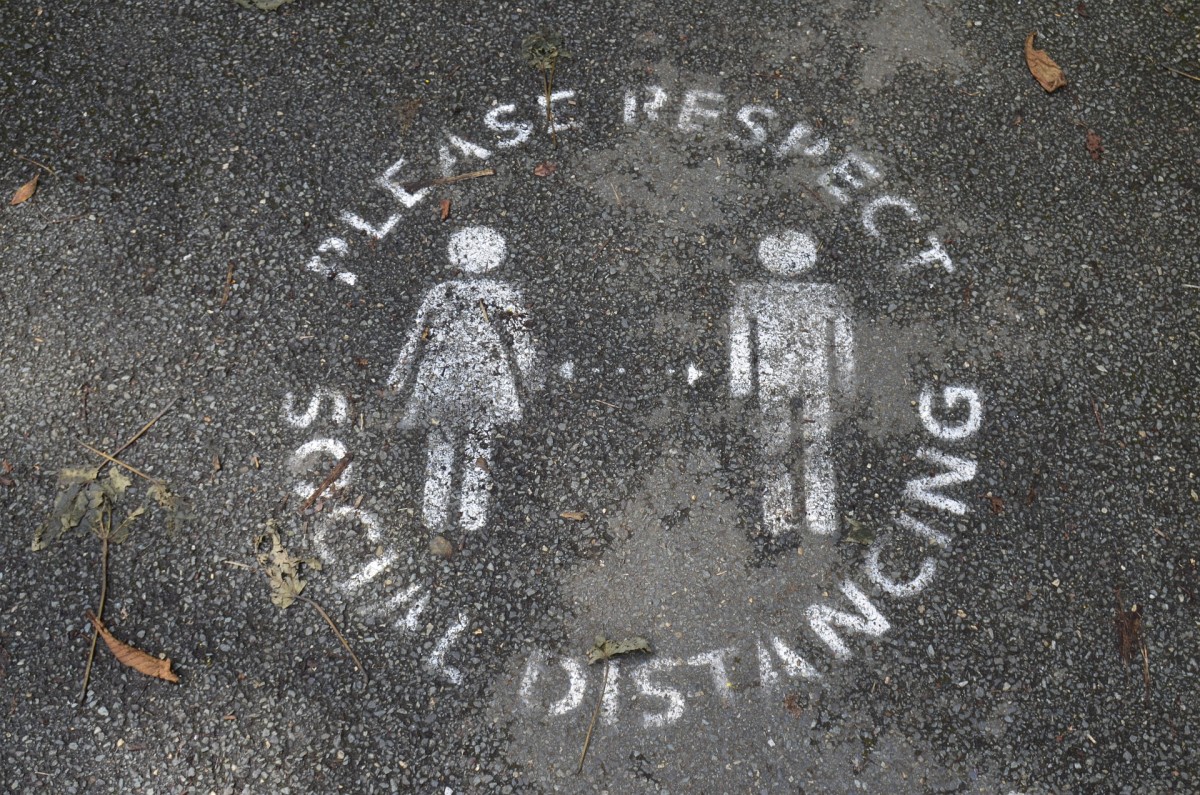A new COVID-19 safety app developed in the UK uses ultrasound to monitor the distance between devices and help users maintain social distancing.
The app is currently in a trial period with over 1,000 workers at one of the UK’s biggest rail firms testing the device.
It works by emitting a distinctive beep when a user gets too close to another user. Then, the word “caution” appears on the screen.
“My mind has conditioned itself to if it hears that, to pay attention and move,” said Network Rail’s Director of Safety Task Force, Nick Millington.
“I guess with mobile phones, you hear the ringtone, or you hear a text tone, you know what it is. Well, now I know what this is.”
The app is called “Mind the Gap,” a phrase familiar to millions of commuters on the London Underground as they step on and off trains.
It was developed by a tech startup company based in the city and it’s designed to be used in conjunction with other COVID-19 measures.
“What we’re trying to do with the technology is not force separation,” said River Tamoor Baig, the founder of the company Hack Partners that developed the app.
“It’s to just kind of remind us that we can still connect, albeit with a little bit of a distance to ensure we’re safe, and we still have that kind of human interaction, and we don’t lull ourselves into a false sense of security either,” he continued.
The company says it’s been contacted by offices, manufacturers, charities and hospitals, all interested in rolling it out to staff.
But since the app is not yet available on Apple or Google’s app stores, they can’t easily roll it out to smaller organisations and groups. They hope that will change over the coming weeks.
They say the app does not track people’s movements or store any other kind of data. Phone apps that use location data or bluetooth to connect to other people’s phones have often been met with criticism from those concerned about data privacy.
This app “uses Bluetooth to detect nearby devices and the time of flight of ultrasound to calculate the distance between them,” the company says.
euronews.com
pixabay

















